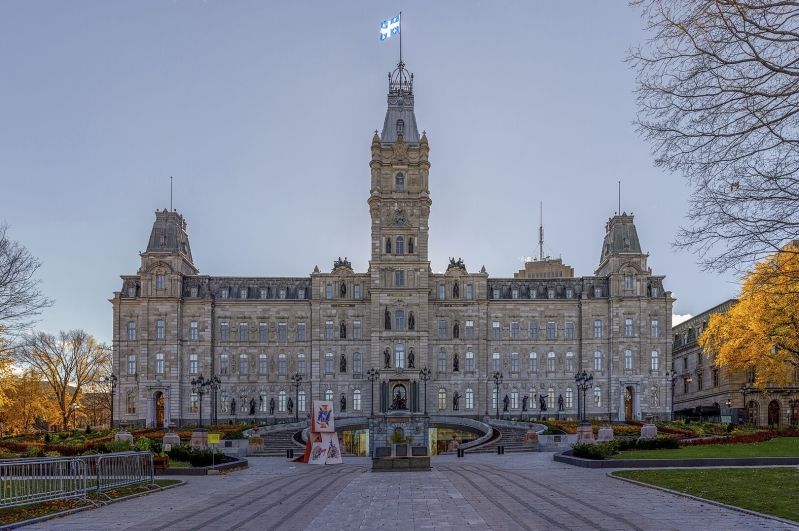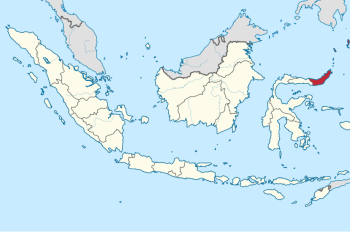
Canadians and their organizations have long had free use of public spaces like parks, and been able to rent facilities such as schools, libraries, hotels and conference centres. Denying access based on religion violates religious freedom and hinders the ability of religious communities to contribute to the public good.
But denying access is occurring more frequently and a Christian ministry is challenging such access limitations in a Quebec court. The ministry signed an agreement to rent a convention centre in Quebec City and had its contract cancelled by the minister of tourism a few weeks before the meeting was to take place. Why? Because its pro-life beliefs were deemed to be contrary to “Quebec’s fundamental principles.”
Even though pro-life issues were not on the agenda for the conference, the organization’s website expressed pro-life views and the minister of tourism felt that was sufficient grounds to cancel the contract. Quebec is contending that freedom of religion only applies to individuals and not organizations like churches and ministries. (The legal categories are natural persons—individuals— versus legal persons—charities and nonprofits.)
If upheld, this decision will have a profound impact on religious organizations in Quebec and may set a precedent for the rest of Canada. Many faith-based organizations do not have their own buildings and so must rent public facilities. Sometimes they need larger venues for special events, conferences or other charitable activities.
One of the cornerstones of religious freedom is the ability to promote our faith publicly. Jesus spoke in open spaces where people could gather or walk on by. Sometimes the crowds were large (think of the feeding of the 5,000 in Matthew 14:13–21) and sometimes quite small (think of the woman at the well in John 4:7–36). Likewise, the apostles preached in public areas, sometimes facing harassment and threats (Acts 17).
A constitutional commitment to religious freedom necessarily constrains governments and their decision makers from discriminating against a group with lawful views they do not share.
A constitutional commitment to religious freedom necessarily constrains governments and their decision makers from discriminating against a group with lawful views they do not share. They can’t promote any given faith, or seek to privatize or marginalize any one religion, or all. Unlike the United States, Canada does not have the constitutional provision that prohibits government funding of religious projects. In Canada governments can partner with religious organizations in seeking the interests of all as long as they do so fairly and without prejudice.
In the first case about religious freedom before the Supreme Court under the Charter of Rights and Freedoms, the court defined what the guarantee of religious freedom meant. Chief Justice Dickson wrote, “Freedom of religion is the right to entertain such religious beliefs as a person chooses, the right to declare religious beliefs openly and without fear of hindrance or reprisal, and the right to manifest belief by worship and practice or by teaching and dissemination.”
He also wrote that freedom of religion allows us to speak openly and without fear, and it involves the absence of coercion or constraint. “Coercion includes indirect forms of control which determine or limit alternative courses of conduct available to others,” he wrote.
Canadian courts have recognized freedom includes both the individual and collective dimensions of religious belief.
Our courts affirm religious expression is communal in nature. Canadian courts have recognized freedom includes both the individual and collective dimensions of religious belief, that religion is socially embedded and manifested in institutions and traditions, and that a place to gather is of primary importance. Contrary to Quebec’s argument, religious freedom has been understood to include both natural persons and legal persons.
Religious freedom is the cornerstone to a free and democratic society, allowing expression of lawful beliefs, particularly those that may not be affirmed by others, including the majority of citizens or the government in power. Indeed, the Supreme Court has recognized religious communities “play an important role in the public space where societal debates take place.” It seems only fitting this role be fulfilled in publicly owned spaces.
The Evangelical Fellowship of Canada is joining other Christian organizations to defend the use of public spaces by religious groups. This case challenges our ability to gather as communities in public spaces to learn, serve or worship. This freedom must be defended.
Originally published by Faith Today. Republished with permission.
Bruce J. Clemenger is senior ambassador and president emeritus of The Evangelical Fellowship of Canada, and author of The New Orthodoxy: Canada’s Emerging Civil Religion (Castle Quay, 2022).





